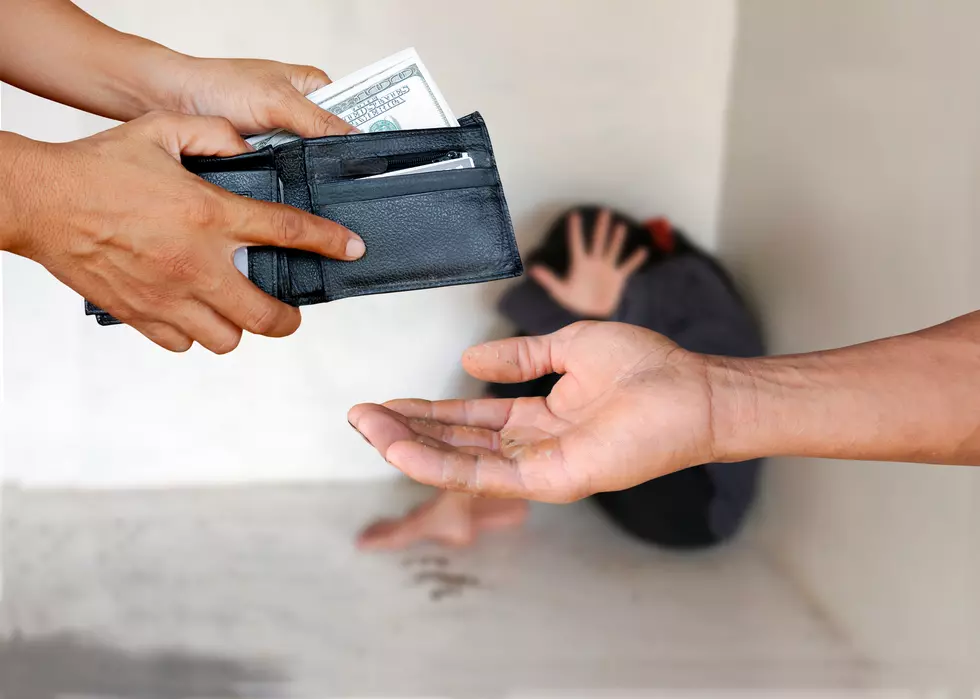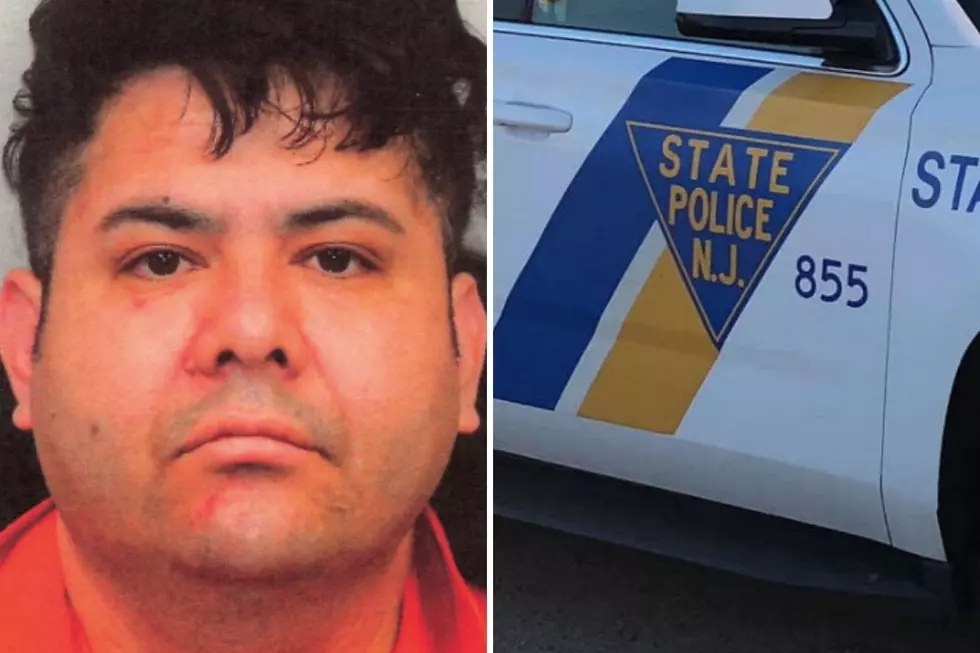
NJ nonprofit pushes measure to make buying sex fourth-degree crime
Prostitution is often called "the world's oldest profession," but increasingly in New Jersey and across the United States, it is the young and defenseless who are victimized into years' worth of participation against their will.
Likewise, according to Judi Worgess, board president of In His Image Justice Coalition, human trafficking is thought of by many as an underground, overseas operation — but in recent years it has been happening more and more right in front of New Jerseyans' faces.
Worgess said prostitution has always been exploitative in nature and now, the average age of those entering the trade is somewhere between 12 and 14, mere children who are promised love and attention with no real intention it will ever be given to them.

And so prostitution has become a smokescreen of sorts, Worgess said.
"The public is convinced, because it's very lucrative for the trafficker to convince some of them, that these people selling themselves are out there willing to do it," she said.
Twice as much profit as Apple
In His Image is a South Jersey-based nonprofit organization dedicated to reducing the demand for human trafficking, and has already proved successful at getting the state's human trafficking hotline (855-END-NJ-HT) posted in restrooms along major highways.
But the practice is ultimately fueled by buyers, Worgess said, building a $150 billion industry, twice the annual profit of Apple.
"Traffickers can only make money if they have buyers, so if we approach human trafficking by taking the buyer out of the equation, then the trafficker can't make money," Worgess said.
From disorderly persons offense to fourth-degree crime
In His Image has worked closely with Assemblywoman Carol Murphy, D-Burlington, to craft legislation to make the buying of sex an indictable, fourth-degree crime in New Jersey instead of a disorderly persons offense.
Much like public perception, Worgess said, the laws are lagging behind what is really happening, and at least if this measure is adopted, offenders wouldn't be arrested and immediately turned right back out on the street.
As Worgess puts it, the pipeline is all about supply and demand, and if the latter can be slowed by criminalizing the capture of unwilling participants, the former would be cut off.
She said a similar approach in Sweden has cut instances of human trafficking in half.
"There are so many people willing to buy sex in New Jersey, and all across the United States, and there's really very few people who willingly sell themselves," Worgess said.
68% report PTSD on the level of a torture victim
Not only that, but the scars are deep and long-lasting.
Worgess said her group has heard research that suggests more than two-thirds of human trafficking victims report post-traumatic stress disorder on the level of a combat veteran or victim of torture.
"If they're lured at 16, you might see them at 18, 19, but that doesn't mean it was their choice," she said. "And they're subjected to such brutality."
So Worgess said anyone who finds themselves asking if human trafficking or prostitution really happens on a wide scale in New Jersey should know that yes, it does.
And it may not be just in your neighborhood, it could well be in your own backyard ... unless and until something is done.
For more information, visit freedomfromtrafficking.com.
Patrick Lavery is a reporter and anchor for New Jersey 101.5. You can reach him at patrick.lavery@townsquaremedia.com
Click here to contact an editor about feedback or a correction for this story.
LOOK: Here's where people in every state are moving to most
New Jersey's Most Terrifying Serial Killers
These NJ towns have the highest rates of sexually transmitted diseases
More From New Jersey 101.5 FM









